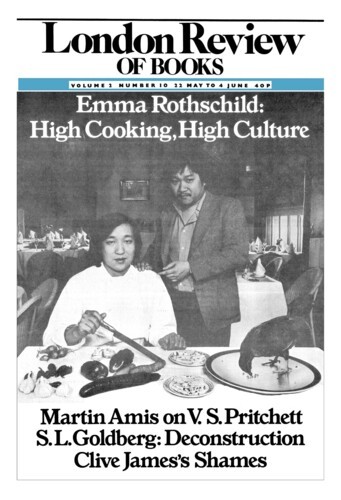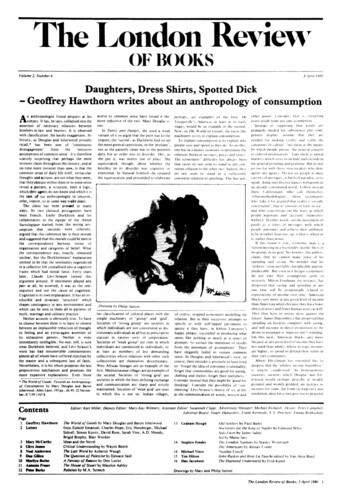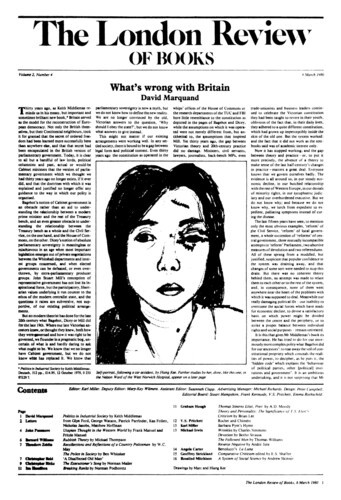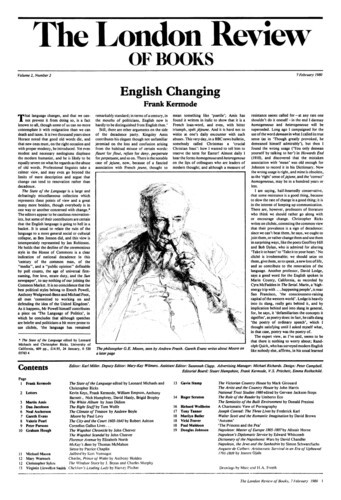Graham Hough writes about the faithful, and the frightful
Graham Hough, 22 May 1980
A week or two ago I reviewed a novel about rock-climbers. A very absorbing tale it was too, but specialised; and one was bound to say that to a reader wholly without interest in the technicalities of the sport it might well fall flat. How far can you go? is a novel about Catholics. There are more Catholics than rock-climbers, but even so their concerns are special ones, and it would seem on the face of it that the same limitations must apply. For David Lodge is writing about Catholics as Catholics, about their particular dilemmas, their casuistical puzzles, the blind alleys that modern Catholic prescriptions lead them into, about their various ways out, and finally about the astonishingly sudden and almost total dissolution of the moral and theological structure on which their lives have been founded. The subject is a large one, but the treatment is not solemn. The tone is that of serious comedy, with occasional glimpses into black holes. We are not in Greeneland, among lugubrious and spectacular adulteries, sacrilegious communions and whisky priests; we are not in Waugh territory, gaping at the raffish pieties of the aristocracy; we are in middle middle-class Catholic England, where sin is an obsession, and sin mostly means sex. So the book is mainly about what happens to the sex life under these particular constraints, the obstacles to its expression, the contortions to which it is subjected. This is done with candour and in detail – a bit too much candour and detail for my antiquated taste – but it is neither flip not clinical, and is always set against a formidable dogmatic background. This means that the ever-interesting topic, besides its intrinsic interest, serves as the index and symbol of a host of other attitudes and relations.




